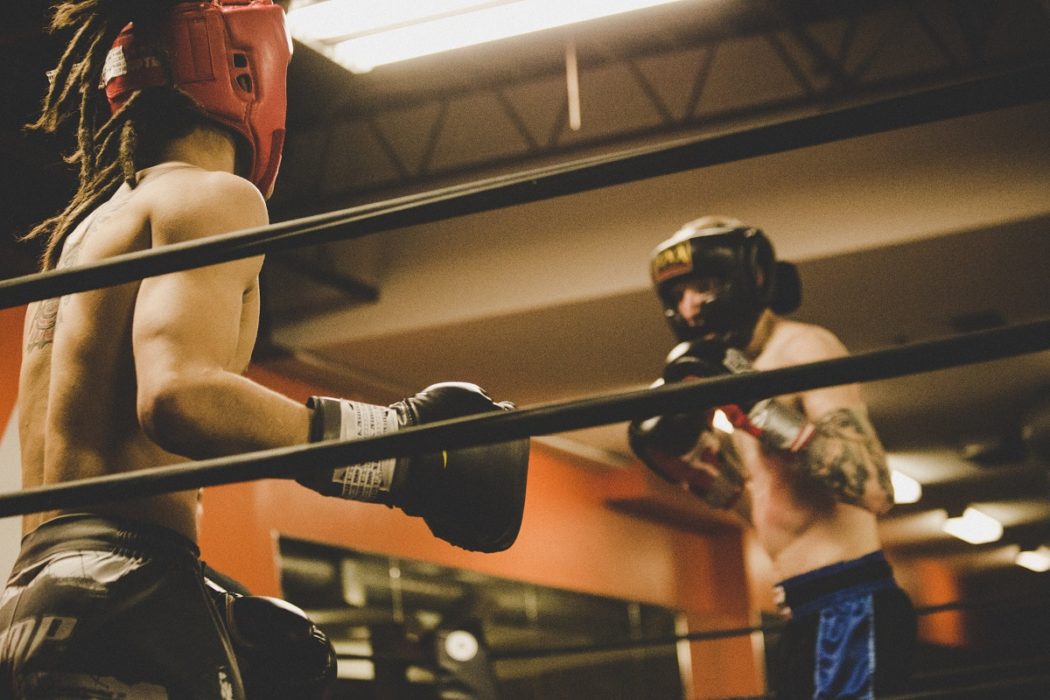In many modern change movements, especially those related to social justice, tone policing is a serious offense. In essence, the tone police (typically those that are the least vulnerable) ask or insist that fellow advocates dampen their anger, calm down, be more reasonable, etc.
Such tone policing is destructive. It works to recreate dynamics of oppression, often with the dominant group seeking to define what constitutes “helpful” or “reasonable” to the oppressed group. Such calls to “calm down” often silence important voices simply so that others can feel comfortable. They are largely meant to avoid and ignore painful, awkward feelings that many have had to live with for their entire lifetimes.
The movement is strongest when everyone is free to express their emotions authentically and feel heard and accepted. For white men in particular, it is essential that we hear and absorb the pain that racism and misogyny have caused over the decades and centuries. It’s only through understanding this pain that we can begin to undo it.
And yet still, lately I find myself asking: are their limits to this mantra of unfettered expression? Are all tones of speech and action equally conducive to meaningful change? If not, should we still act as if they are?
For example, over the last few weeks, I’ve seen a few folks on social media, nominally advocating for equity and inclusiveness, calling those with differing opinions than them “trash,” suggesting they don’t deserve to have their voices heard. In my judgment, their tone is not just angry, but crosses the line over to hateful and vindictive. And they seem to act as if their hateful, dismissive language is not just an authentic expression of their emotions, but actually a vital contribution to the change they want to be seen, something to be admired and aspired to.
And so yet again, I find myself torn between two conflicting truths.
I certainly don’t want to dampen anyone’s voice or make them feel as if their authentic expression is not welcome. I don’t want to imply that I somehow know what’s best and that everyone should act like me, or take my view. In fact, in regard to social justice movements, as a white man, I believe my primary role is to listen and follow.
At the same time, I also believe that change movements are most effective and transformative when the tone of their actions and words reflects the values they advocate for. We can’t fight hate with hate. When we use hateful language, we just divide ourselves further. Anger is welcome. Sadness is welcome. “Unreasonable” comments are welcome. But hate is always destructive and counter-productive. We should always strive to move away from hate.
Can we fight without hating? And can we advocate for tones that we believe are most aligned with our values, that we believe are most conducive to change, without policing for them?
Should we?



